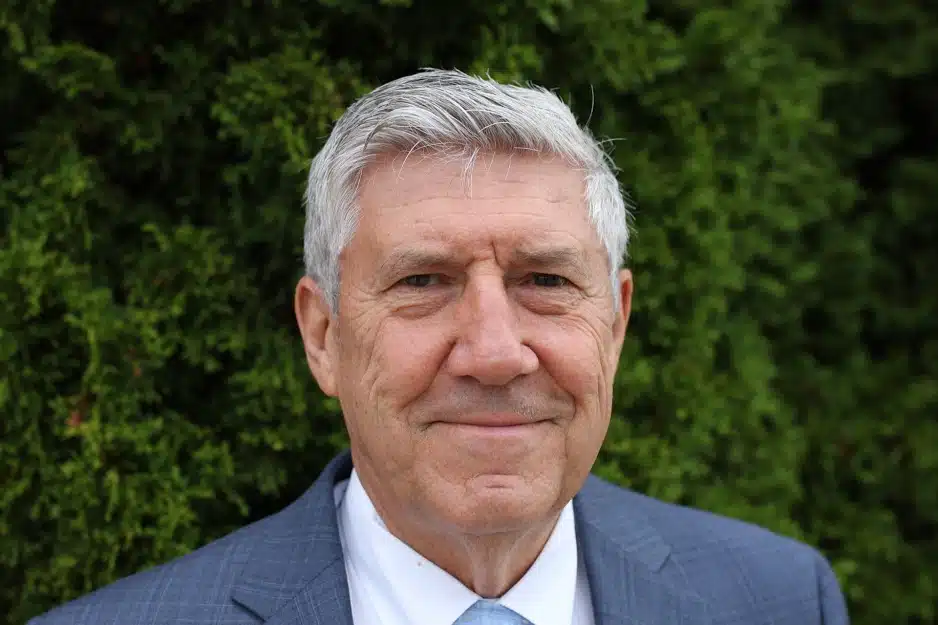

Invited Speaker
Professor Lindon Robison
Emeritus Professor of Agricultural and Resource Economics
Michigan State University
This webinar will explore a unique and innovative line of inquiry to understanding social capital. Social capital theory has typically been used to study binary relationships. This webinar will move beyond traditional binary relationships to examine triads of binary connections. By studying triads, important social structures emerge, revealing insights that are not evident when only considering binary relationships.
Social capital is defined as emotions such as empathy, sympathy, compassion, regard, and trust that enable individuals to internalize the well-being of others who are the objects of their social capital. Conversely, negative social capital was defined as emotions such as antipathy, competition, fear, disdain, and distrust toward others who are the objects of negative social capital. These emotions enable individuals to act in ways that disadvantage others, even when doing so may also disadvantage themselves. In between social capital and negative social capital is an arm’s length relationship where selfish persons exchange commodities when it is to their advantage to do so.
Building on this foundation, the webinar will discuss the importance of considering the change in meaning and value of things when they are embedded with relational goods or bads. By examining networks that include triads of binary connections, researchers can gain insights into various social structures, including those found in societies, schools, workplaces, teams, businesses, and countries.
The webinar provides a thought-provoking exploration of social capital theory, offering new insights into the ways in which social relationships shape human behavior and societal structures.
About the presenter:
Dr. Lindon J. Robison has recently retired. He was a Professor of Agricultural and Resource Economics (AFRE) in the tenure stream at Michigan State University from 1977 to 2021. He holds a B.S. degree from Utah State University, an M.S. degree from the University of Illinois, and a Ph.D. degree from Texas A&M University. He has published numerous books and articles, including the text for the department’s capstone Agri-business management course 435, which he also taught. He also taught AFRE graduate courses in calculus for economists, mathematical statistics, and mathematical programming. He has consulted for governments, firms, and international organizations such as the World Bank, particularly in Latin America. He has worked for the US Government as an agricultural economist and has been a visiting faculty member at Brigham Young University, the University of Minnesota, and the Swedish University of Agricultural Sciences in Uppsala, Sweden. He has won many academic awards, including Best Ph.D. thesis for his work on risk and portfolio management of rural banks, and in 2012 was made a fellow of the Institutional and Behavioral Economics section of the Agricultural and Applied Economics Association (AAEA). His most frequently cited works include The Competitive Firm’s Response to Risk, which he authored with Peter J. Barry, and “Is Social Capital Really Capital?” which he authored with Allan A. Schmid and Marcelo E. Siles. His pioneering research focuses on the role of social capital (relationships of caring, trust, and regard) in establishing the terms and level of trade—that has been applied to minimum sell land and car prices, the likelihood of loan approval, and medical screen decisions. His most recent publications describe social capital motives and distinguish between relational goods and commodities.
About Our Webinar Series
This event is part of our regular webinar sessions for social capital researchers including PhD/master students. These sessions include invited presentations from prominent scholars as well as presentations by PhD students and experts in professional practice.
For social capital researchers, these sessions are an opportunity to hear about the latest social capital research and insights from scholars working on the concept. They can be a great way to connect with people, to get advice, discuss ideas or issues, get suggestions for literature to read, or you can just listen.
Are you researching social capital and want to present your research? Click here for more information and to submit a proposal.
Generally, presentations can be 30 to 45 mins. The content of your presentation will depend on your research stage.

